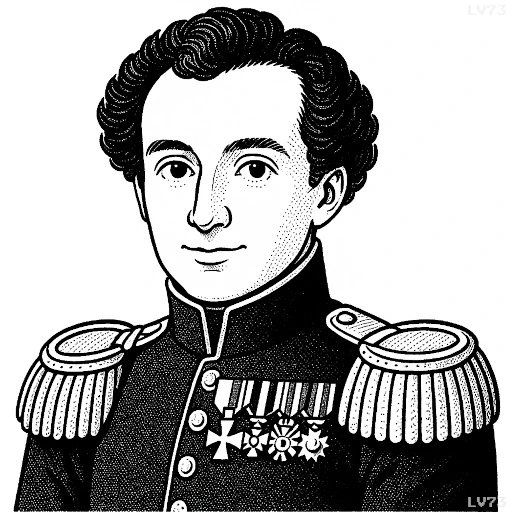“War is not an independent phenomenon, but the continuation of politics by different means.”

- July 1, 1780 – November 16, 1831
- Born in the Kingdom of Prussia (now Germany)
- Military officer and military theorist
table of contents
Quote
“War is not an independent phenomenon, but the continuation of politics by different means.”
Explanation
This quote is one of Clausewitz’s foundational ideas and echoes his view of war as an extension of politics, rather than something that exists in isolation. Clausewitz argues that war is a tool used by states to achieve political objectives when other methods—such as diplomacy or economic pressure—are insufficient or ineffective. In other words, war is a means, not an end in itself, and its purpose is always shaped by the political context in which it occurs. This perspective challenges the idea that war is driven purely by military necessity or an inevitable escalation of violence. Instead, war is a calculated choice, used to further the interests of the state, whether that involves territorial expansion, regime change, or the preservation of national security.
Clausewitz’s view of war as a continuation of politics remains highly relevant in both historical and modern contexts. For instance, World War I can be understood as a continuation of the national rivalries and political tensions that had been building for decades among European powers. Similarly, the Cold War was characterized by political conflict and competition for influence between the United States and the Soviet Union, even as military conflict was often indirect or limited to proxy wars. In both cases, war was a way to pursue political goals when diplomacy failed or when states believed that the balance of power required a military solution.
In today’s world, this concept can still be seen in the ways that military interventions, such as the U.S. invasion of Afghanistan in 2001 or the Russian invasion of Ukraine in 2022, are deeply tied to political objectives. These wars were not fought purely for military reasons but were part of larger geopolitical strategies. The quote serves as a reminder that military action must always be understood within its political context, and that successful war strategy requires aligning military objectives with clear, achievable political goals. For leaders and strategists, it reinforces the idea that military force should always serve broader political ends and that war should not be viewed as an autonomous or disconnected event.
Would you like to share your impressions or related stories about this quote in the comments section?

